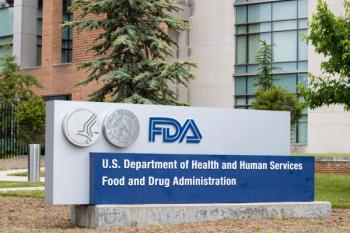
Impact of an "Open" Market on Biosimilar Development
How an open marketplace impacts future competition, pricing transparency, and formulary management.
Episodes in this series

Timothy O’Shea, PharmD, MS: If we’re in the world of an open marketplace—and open marketplace could mean a couple different things—but if we’re thinking truly open formularies, [as in] no preferred or nonpreferred products, no utilization management, no prior authorization, no step therapies, the impact…is unclear. Certainly, providers may be welcome to know that any and all products are covered equally, but the impact from a total cost-of-care perspective is what is uncertain. There [are] plenty of data and case studies to show that open formularies are associated with higher costs in a more managed or closed formulary. The other thing I often think about is a path of least resistance. Imagine you have originator products that have been approved for, in some cases, 10 to 20 years. You have patients [who] have been on some of these products for many years, [then] biosimilars enter the market. The path of least resistance is to do nothing. Keep them on the therapy they’re on that providers have experience in. That’s going to decrease [the] use of biosimilars. The No. 1 driver of biosimilars in the market share that we’ve seen in the United States is specifically from payer requirements to use biosimilars, so without that, I don’t think we would be anywhere close to the market share of biosimilars that we see today. The other consideration is…rebates being negotiated from payers and pharmaceutical companies, and that’s [based on] what creates a preferred product strategy in driving to the lowest net cost. If you remove that or if you’re in an open marketplace, there’s no incentive for the pharmaceutical companies to offer any type of rebates, so costs are going to increase [right off the bat]. You could say that the pharmaceutical company may come back and build those rebates into their drug pricing and get to a place where costs are similar, but there’s no guarantee. The downstream impact of all of that—aside from higher total costs— is it’s going to really decrease biosimilars coming to market. If you’re not seeing use of biosimilars, if we didn’t see the use that we did, that pipeline would not be as full from other pharmaceutical companies that are bringing these products to market.
Transcript is AI-generated and edited for clarity and readability.
Newsletter
Get the latest industry news, event updates, and more from Managed healthcare Executive.






















